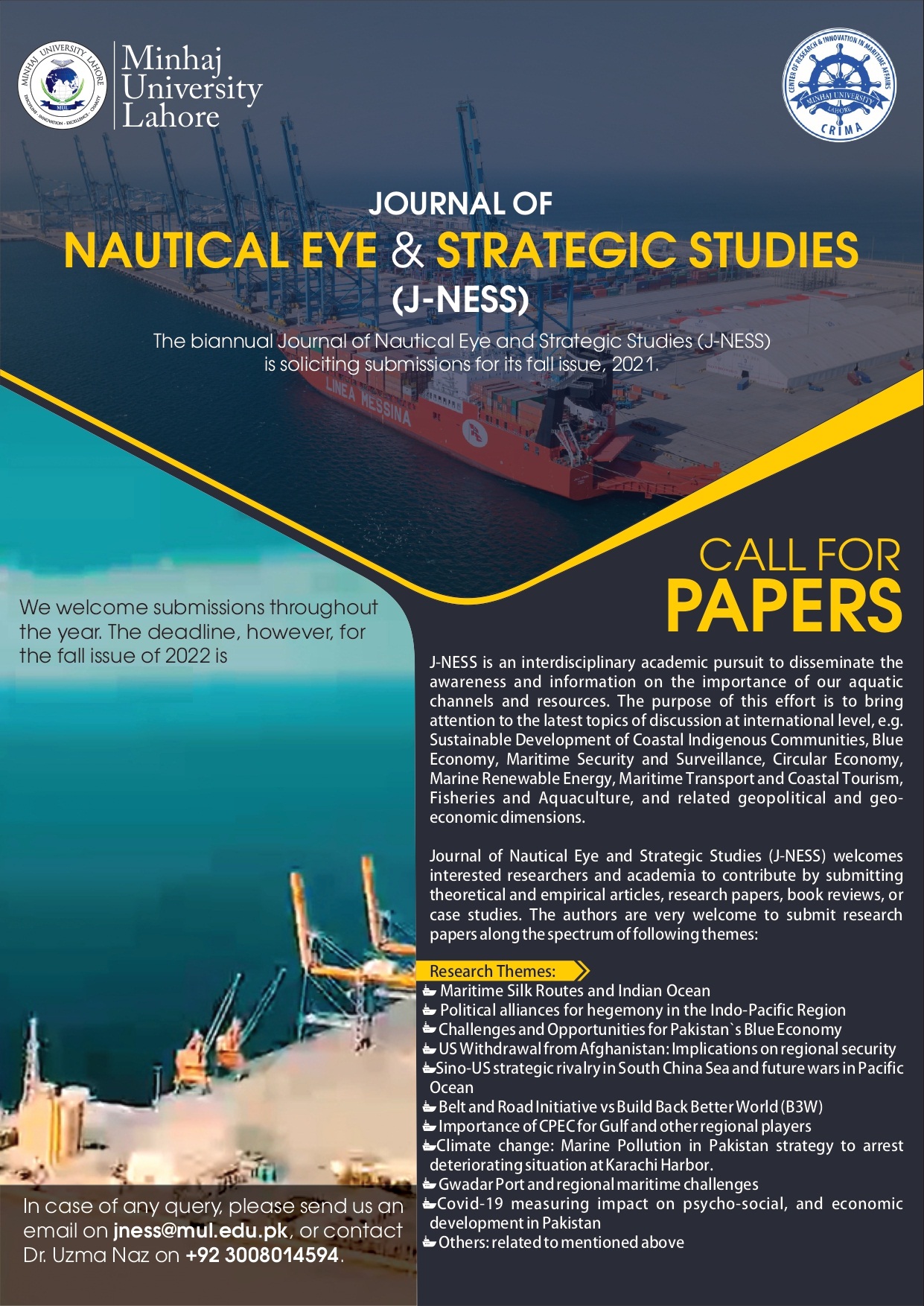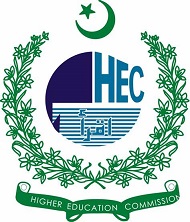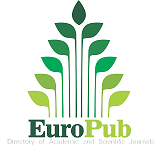European Union’s role as a Global Actor: Shifting focus from Regionalism to International Politics
DOI:
https://doi.org/10.58932/MULG0028Abstract
The emergence of European Union in global politics, addressing pressing issues throughout the world while also championing causes like social justice, individual liberties, and the rule of law. This paper analyses how the European Union’s foreign policy stance affects international relations. Discussions focus on the EEAS and the potential for EU peace missions to grow. The research paper aims to highlight the efforts of EU to protect the peace and stresses the EU's unyielding dedication to preserving calm, preventing conflict, and responding to disasters. This article examines the European Union’s Common Security and Defense Policy in great detail, including the many missions and initiatives the EU has taken to show its proactive engagement in international problems. In this article, we take a look at the European Union's (EU) efforts to improve international norms and safeguard human rights via programs including humanitarian assistance, diplomatic initiatives, and the Common Foreign and Security Policy. The European Union's (EU) dedication to promoting and protecting human rights internationally has been proved via its funding of considerable humanitarian aid, participation in United Nations (UN) programs, and punishment of human rights abusers. It is also notable that EU’s involvement with countries in the Pacific, Africa, and the Caribbean are based on EU's dedication to trade-based development in those regions. The paper also analyses European Union (EU) foreign policy, contrasting the EU's normative stance with the realism paradigm supported by the United States government. It looks at the European Union's role as a regional power on the global arena and how it may work with the United States and other big states to accomplish its own foreign policy goals. Using the European Union's (EU) engagement in the Israel-Palestine conflict as a case study, this paper aims to show how the EU handles complex geopolitical difficulties while remaining true to its core values and promoting the idea of two nations. In the end, the European Union is engaged in a wide variety of global political endeavors, such as peacekeeping, humanitarian aid, and the promotion of progressive principles. Its standing in the international world has improved thanks to its work in international organizations and efforts to address global problems.
References
European External Action Service (EEAS). https://www.eeas.europa.eu/_en
Christiansen, T. (2017). The European Union and global governance. Global Governance from Regional Perspectives: A Critical View, 209.
Forsberg, T., & Seppo, A. (2011). The Russo-Georgian war and EU mediation. In Russian foreign policy in the 21st century (pp. 121-137). London: Palgrave Macmillan UK.
Bicchi, F., & Voltolini, B. (2018). Europe, the Green Line and the issue of the Israeli-Palestinian border: closing the gap between discourse and practice?. Geopolitics, 23(1), 124-146.
Bellamy, A. J. (2018). The responsibility to protect. In Security studies (pp. 235-249). Routledge.
Center, P. R. (2002). Americans and Europeans Differ Widely on Foreign Policy Issues. Pew Research Center.
Corner, M. (2014). The European Union: An Introduction. Bloomsbury Publishing.
Cotonou Agreement. (2003). The Cotonou agreement (The Cotonou agreement - European Union External Action, Issue. http://eeas.europa.eu/archives/delegations/namibia/documents/eu_namibia/cotonou-agreement_en.pdf
Daumier, H. Balance of power (international relations).
Dittmer, C., & Lorenz, D. F. (2021). Frictions of implementing EU humanitarian aid in Greece (2016–2019)—the Emergency Support Instrument and its practical ramifications. Journal of International Humanitarian Action, 6(1), 1-14.
Heimann, G. (2015). The Struggle between the United States and Israel over Recognition for Jerusalem as Israel's Capital, 1952–67. The International History Review, 37(4), 790-808.
Lazarou, E. (2017). The future of multilateralism: Crisis or opportunity?.
Pace, M. (2007). The construction of EU normative power. JCMS: Journal of Common Market Studies, 45(5), 1041-1064.
Richter, S., & Wunsch, N. (2020). Money, power, glory: the linkages between EU conditionality and state capture in the Western Balkans. Journal of European Public Policy, 27(1), 41-62.
Downloads
Published
How to Cite
Issue
Section
License
Copyright (c) 2023 Journal of Nautical Eye and Strategic Studies

This work is licensed under a Creative Commons Attribution-NonCommercial 4.0 International License.











